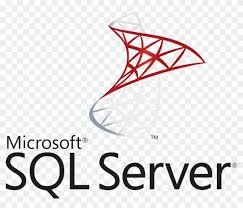Course Overview
The “Introduction to SQL Databases” course, also known by its code 55315, provides a comprehensive foundation for those new to SQL databases. It focuses on the fundamental concepts and skills necessary to effectively use SQL Server. Participants will learn about database concepts, database types, and database design. The course also covers SQL Server installation, configuration, and maintenance, providing hands-on experience with SQL Server Management Studio. Learners will gain insights into querying databases, understanding and creating tables, and managing data integrity. This course is designed to equip students with the knowledge and skills to efficiently manage and manipulate databases, preparing them for more advanced SQL Server training and real-world application.
Flexible Training Options to
Meet Your Needs
We understand that flexibility is key to effective learning and development, especially in today’s dynamic work environment. That’s why we offer multiple delivery formats for our trainings in UAE. Whether you prefer the interaction of in-person classes, the convenience of live virtual training, or the independence of self-paced online learning, we have a solution tailored to your schedule. Our goal is to make professional growth accessible to everyone, allowing you to upskill without compromising your other commitments.




 4.9
4.9